TABLE OF CONTENTS:
- What is Mushroom Tea?
- Health Benefits of Mushroom Tea
- Risks and Potential Side Effects
- Types of Mushroom Tea and Their Benefits
- How to Make Mushroom Tea
- Recent Recipes
- FAQs About Mushroom Tea
Is Mushroom Tea Good for You? Benefits, Risks, and FAQs
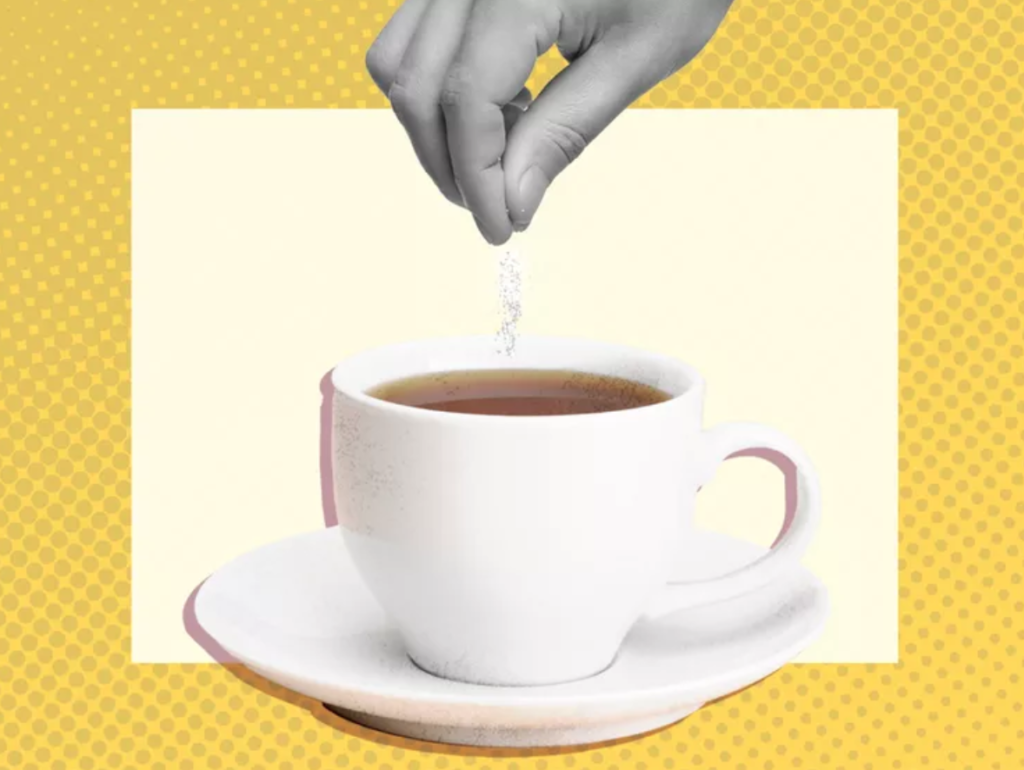
Mushroom tea has gained popularity in recent years for its purported health benefits. From enhancing immunity to promoting mental clarity, the use of medicinal mushrooms like Reishi, Chaga, Lion’s Mane, and even Psilocybin in tea form has piqued the interest of health-conscious individuals. But the question remains: Is mushroom tea good for you?
In this comprehensive guide, we’ll explore the benefits, potential risks, and best practices for consuming mushroom tea to help you determine if it’s right for your health journey.
What is Mushroom Tea?
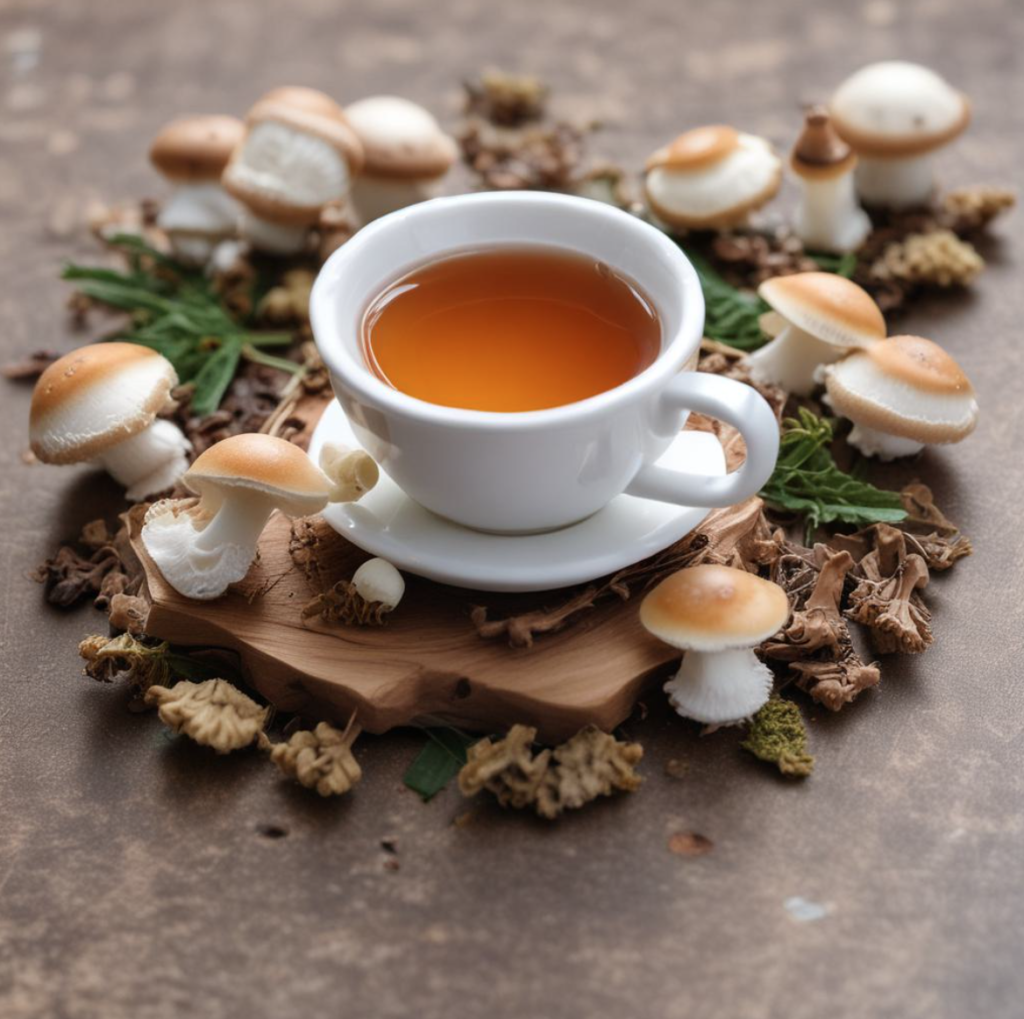
Mushroom tea is an herbal infusion made from a variety of medicinal mushrooms. This tea is brewed much like any other herbal tea, but instead of using herbs or flowers, dried or powdered mushrooms are used. Historically, mushrooms like Reishi, Chaga, and Lion’s Mane have been used in traditional medicine, particularly in Asian cultures, for their health-enhancing properties.
These functional mushrooms are known for their wide-ranging benefits, including supporting the immune system, improving gut health, and promoting brain function. More recently, Psilocybin mushrooms (also known as magic mushrooms) have entered the spotlight for their potential benefits in microdosing for mental health purposes.
Mushroom tea allows the beneficial compounds of these fungi to be absorbed by the body in a more palatable and digestible way, making it an easy addition to any health regimen.
Health Benefits of Mushroom Tea
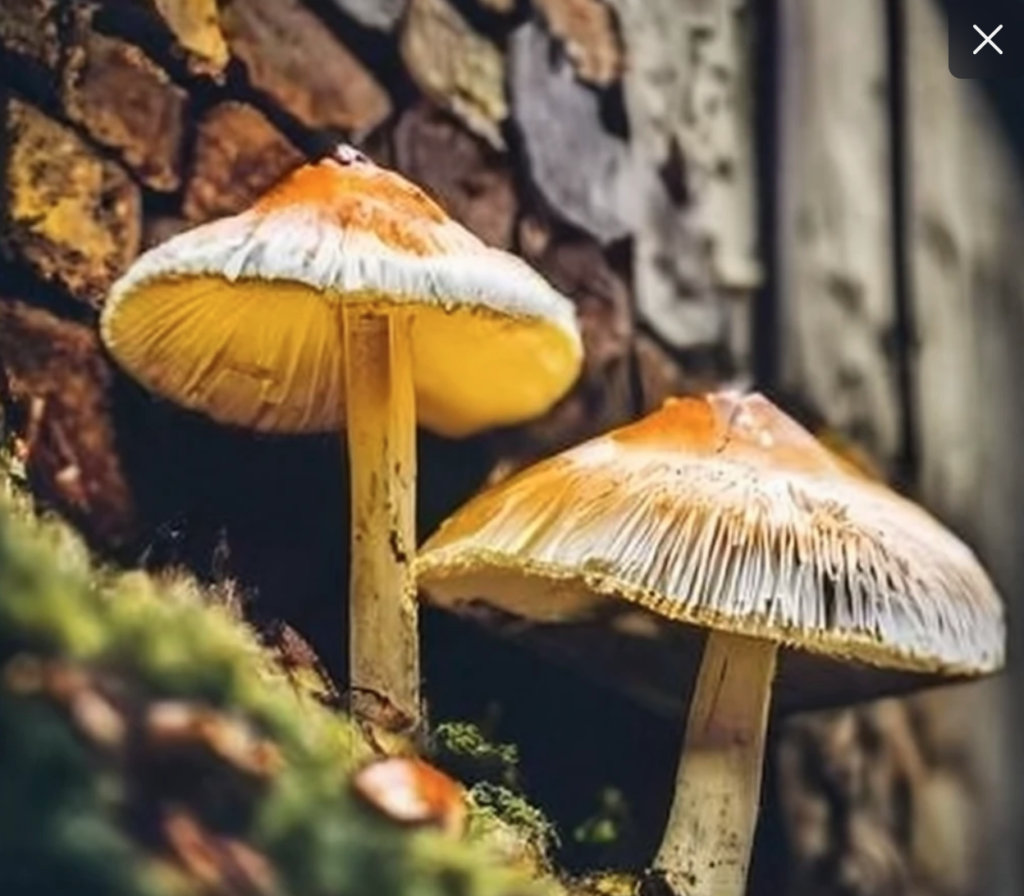
Mushroom tea is highly regarded for its variety of health benefits. The type of mushroom used can influence the specific benefits you receive from the tea, but in general, medicinal mushrooms are packed with antioxidants, polysaccharides, and other bioactive compounds that can support overall well-being.
1. Immune System Support
One of the primary benefits of mushroom tea, especially when made with Reishi or Chaga mushrooms, is its ability to support the immune system. Both of these mushrooms contain beta-glucans, which are complex sugars known to enhance the body’s immune response by stimulating immune cells like macrophages.
2. Improving Gut Health
Mushrooms are rich in fiber and polysaccharides, which support gut health. Chaga, in particular, is known for its ability to aid digestion and promote the growth of healthy gut bacteria. Drinking Chaga tea regularly can help improve your gut microbiome and support digestive health.
For more details on Chaga tea benefits, you can check out this Health Benefits of Chaga Tea, which discusses its role in preventing cancer and improving digestion.
3. Regulating Blood Sugar Levels
Some medicinal mushrooms, including Reishi and Chaga, have been studied for their potential to help regulate blood sugar levels. This is particularly beneficial for individuals with diabetes or those looking to maintain stable blood sugar levels throughout the day.
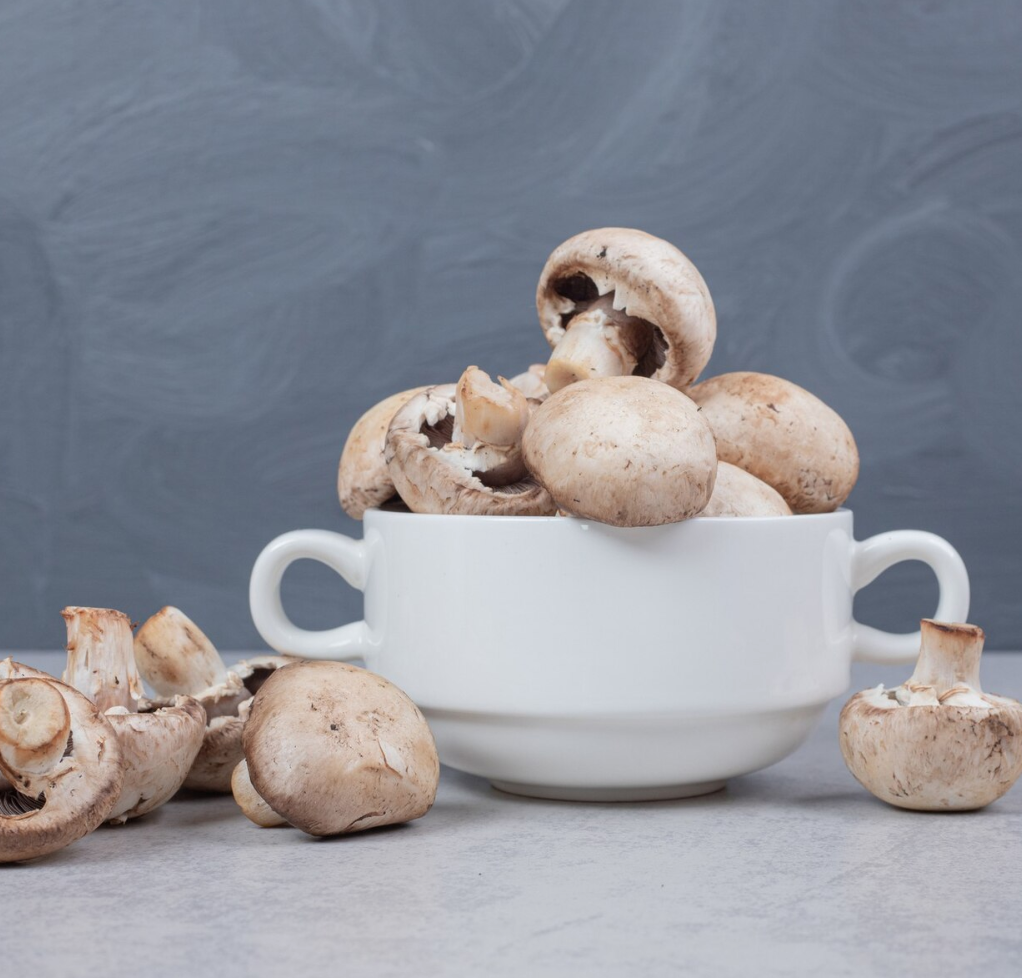
4. Cognitive Enhancement and Brain Health
Lion’s Mane is the standout mushroom when it comes to brain health. This mushroom has been found to promote the production of nerve growth factor (NGF), a protein that is essential for the growth and maintenance of neurons. Drinking Lion’s Mane tea may improve memory, focus, and mental clarity, making it a popular choice for those looking to boost cognitive function.
5. Reducing Stress and Improving Sleep
Reishi, known as the “mushroom of immortality” in traditional Chinese medicine, has powerful adaptogenic properties. This means that it helps the body cope with stress and promotes relaxation. Regular consumption of Reishi tea can help reduce anxiety, improve sleep quality, and enhance overall mental well-being.
6. Antioxidant and Anti-Inflammatory Properties
Both Reishi and Chaga mushrooms are rich in antioxidants, which help protect the body from oxidative stress and reduce inflammation. This makes mushroom tea a great choice for those looking to support their body’s natural defenses against free radicals and inflammation.
For more scientific insight into these benefits, you can refer to the Therapeutic Properties of Mushrooms, which covers the role of edible mushrooms in health promotion.
Risks and Potential Side Effects
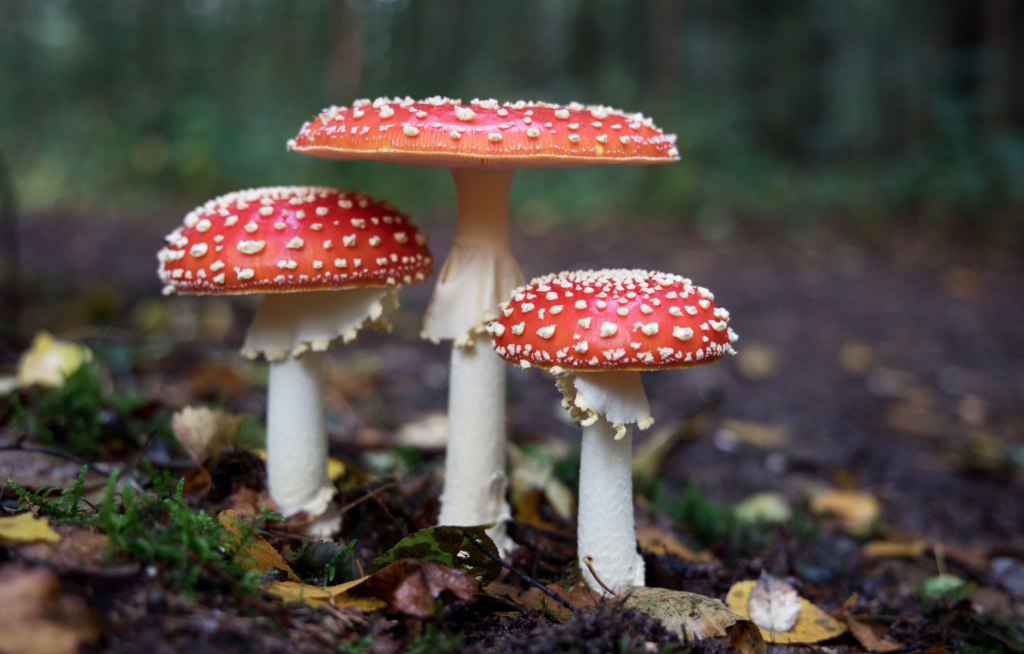
While mushroom tea offers numerous benefits, it’s important to be aware of potential risks and side effects, particularly for certain mushrooms like Psilocybin.
1. Gastrointestinal Discomfort
Some mushrooms, such as Reishi and Chaga, may cause mild gastrointestinal discomfort, particularly when consumed on an empty stomach. It’s generally recommended to drink mushroom tea with food to avoid stomach upset.
2. Allergic Reactions
As with any natural product, there is a risk of allergic reactions. If you’ve never consumed a particular type of mushroom before, it’s a good idea to start with a small amount to ensure your body reacts well. Watch for signs of allergic reactions, such as itching, swelling, or digestive issues.
3. Psychoactive Effects (Psilocybin)
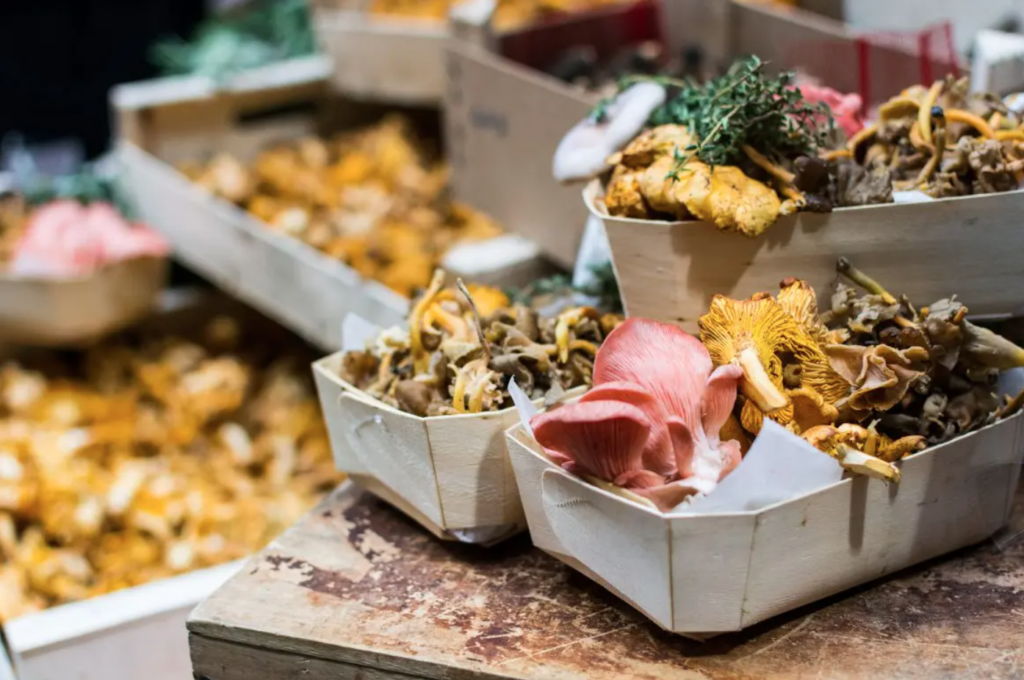
If you’re using Psilocybin mushrooms to make tea, be aware of their psychoactive effects. While Psilocybin has been studied for its potential to improve mental health conditions like depression and anxiety, it can also induce hallucinations and altered states of consciousness. Always use caution, especially when consuming Psilocybin in larger amounts.
4. Precautions for Pregnant or Nursing Individuals
There isn’t enough research on the safety of consuming medicinal mushrooms during pregnancy or while breastfeeding. Therefore, it’s best to avoid mushroom tea in these cases unless advised otherwise by a healthcare provider.
If you’re consuming mushroom tea for its potential benefits, it’s essential to understand these risks and consume the tea in moderation. As always, consult with a healthcare professional if you have any concerns.
Types of Mushroom Tea and Their Benefits
Different mushrooms provide different benefits. Here’s a breakdown of some of the most popular mushrooms used in tea and their unique properties:
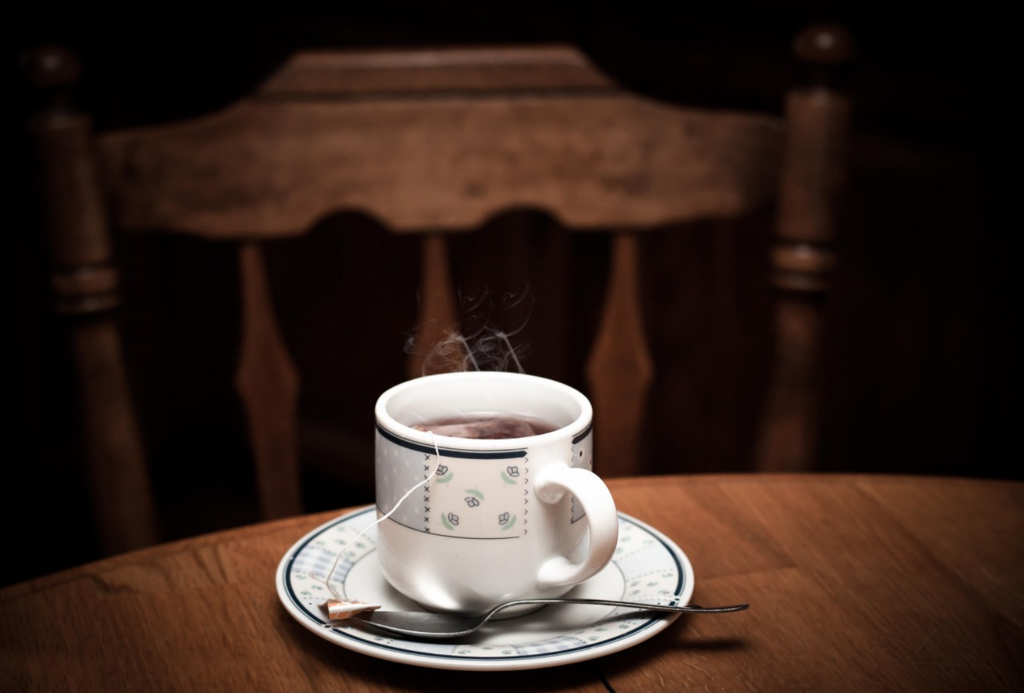
- Reishi: Known for its calming and immune-supporting effects, Reishi tea is great for reducing stress and improving sleep quality.
- Chaga: Packed with antioxidants, Chaga tea is excellent for supporting the immune system and promoting gut health.
- Lion’s Mane: Famous for its cognitive-enhancing properties, Lion’s Mane tea is a popular choice for boosting brain health and mental clarity.
- Psilocybin: Often used for microdosing, Psilocybin mushroom tea can help with mental health and emotional well-being. However, it is important to be aware of its psychoactive effects and the legal restrictions surrounding its use.
You can also experiment with different combinations of these mushrooms to create a tea blend that suits your health needs.
How to Make Mushroom Tea
Making mushroom tea is a simple process. Here’s a basic recipe you can follow:
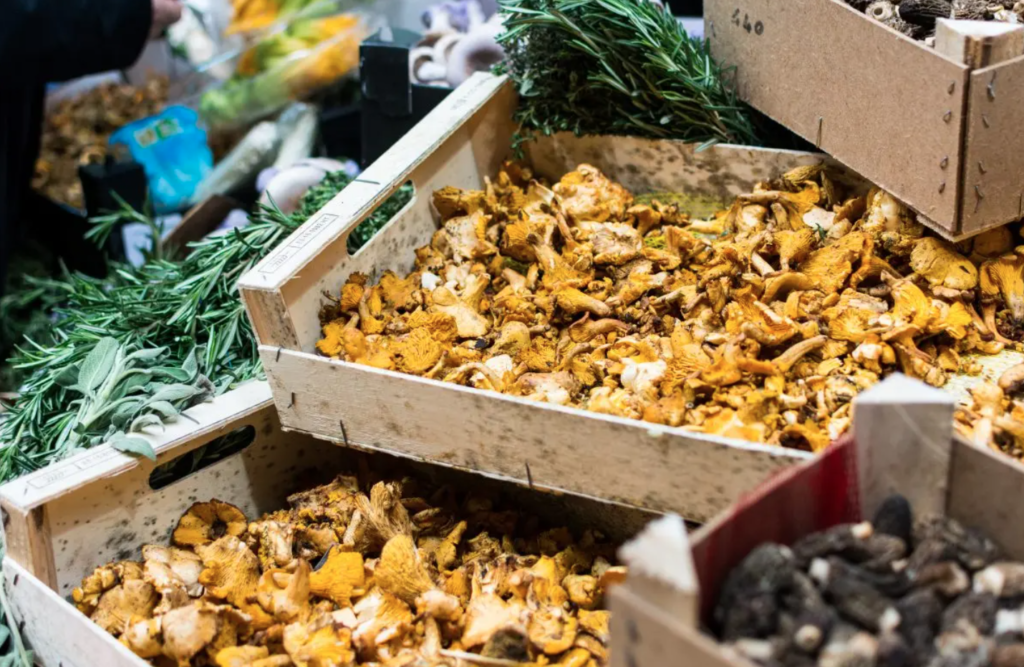
Ingredients:
- 1 cup of dried mushrooms (Reishi, Chaga, or Lion’s Mane)
- 2-3 cups of water
- Lemon juice (optional)
- Honey (optional)
Instructions:
- Prepare the Mushrooms: If using whole dried mushrooms, break them into smaller pieces to allow better extraction of their active compounds.
- Boil Water: Bring 2-3 cups of water to a boil.
- Simmer the Mushrooms: Reduce the heat to a low simmer and add the mushrooms. Let them steep for 20-30 minutes to fully extract the beneficial compounds.
- Strain and Serve: Strain the tea into a cup, add lemon or honey if desired, and enjoy!
This tea can be consumed daily, depending on the mushroom type and your personal health goals. For a more detailed brewing guide, you can check out Mushroom Tea Brewing Methods.
Recent Recipes
FAQs About Mushroom Tea
Is mushroom tea safe to drink daily? Yes, mushroom tea made from medicinal mushrooms like Reishi and Chaga is generally safe to consume daily. However, be mindful of dosage, especially with mushrooms like Psilocybin.
What are the benefits of Lion’s Mane tea? Lion’s Mane tea is best known for improving cognitive function, including memory, focus, and mental clarity. It may also have neuroprotective properties that support long-term brain health.
Does mushroom tea help with sleep? Yes, mushrooms like Reishi are known for their calming properties and can help promote better sleep by reducing stress and anxiety.
Are there any risks of drinking mushroom tea? Possible risks include gastrointestinal discomfort, allergic reactions, and psychoactive effects if using Psilocybin mushrooms. Always start with a small amount to see how your body reacts.

